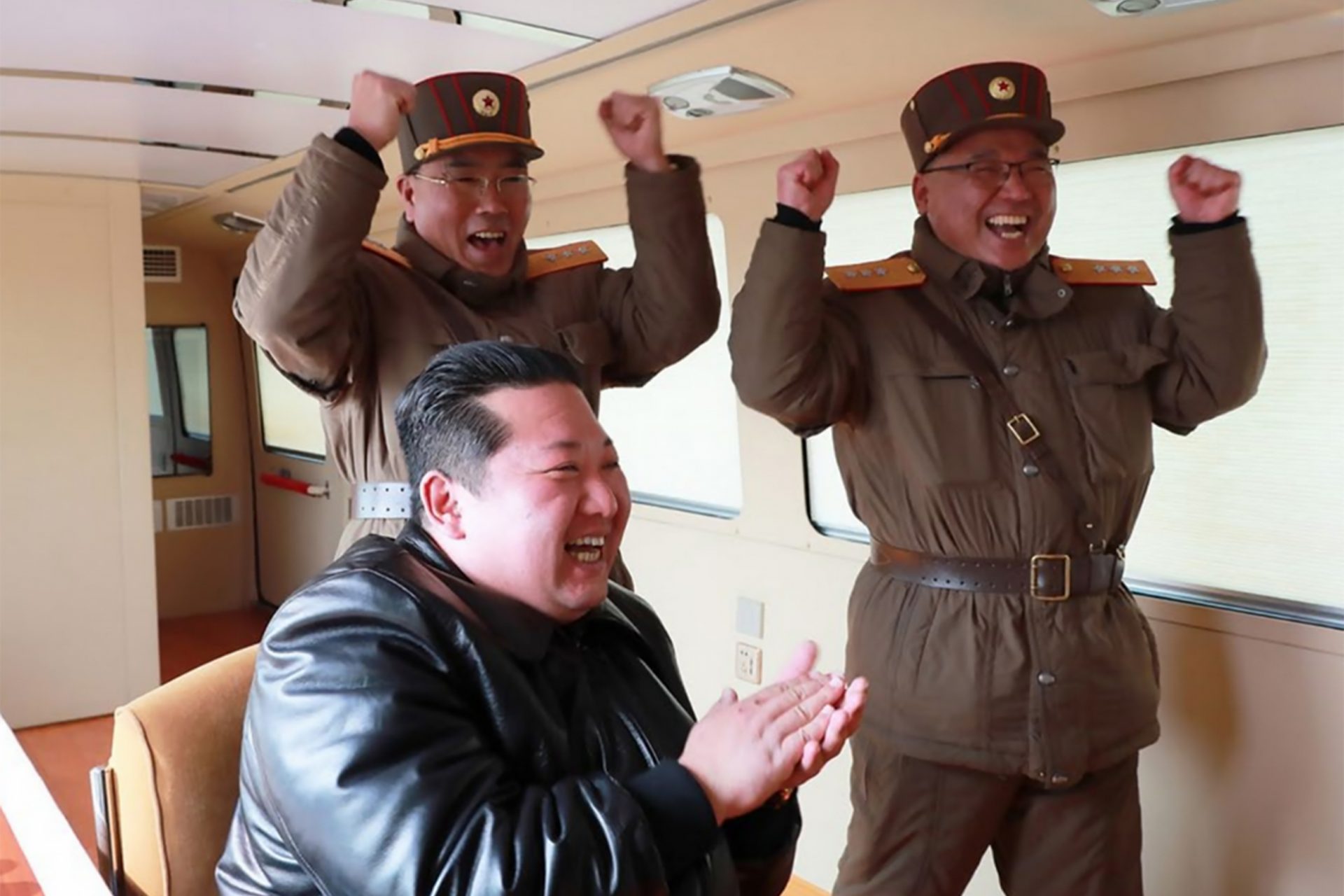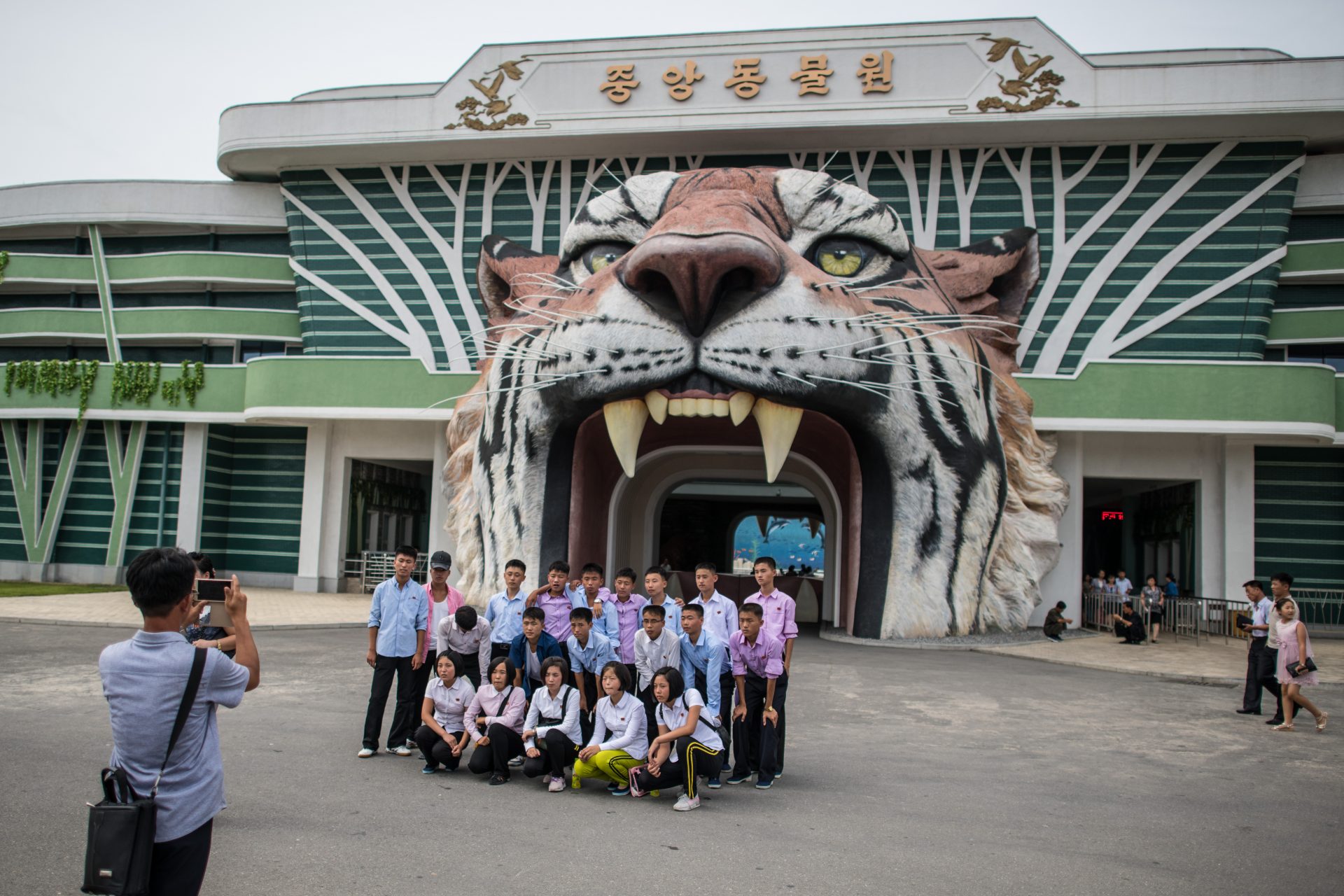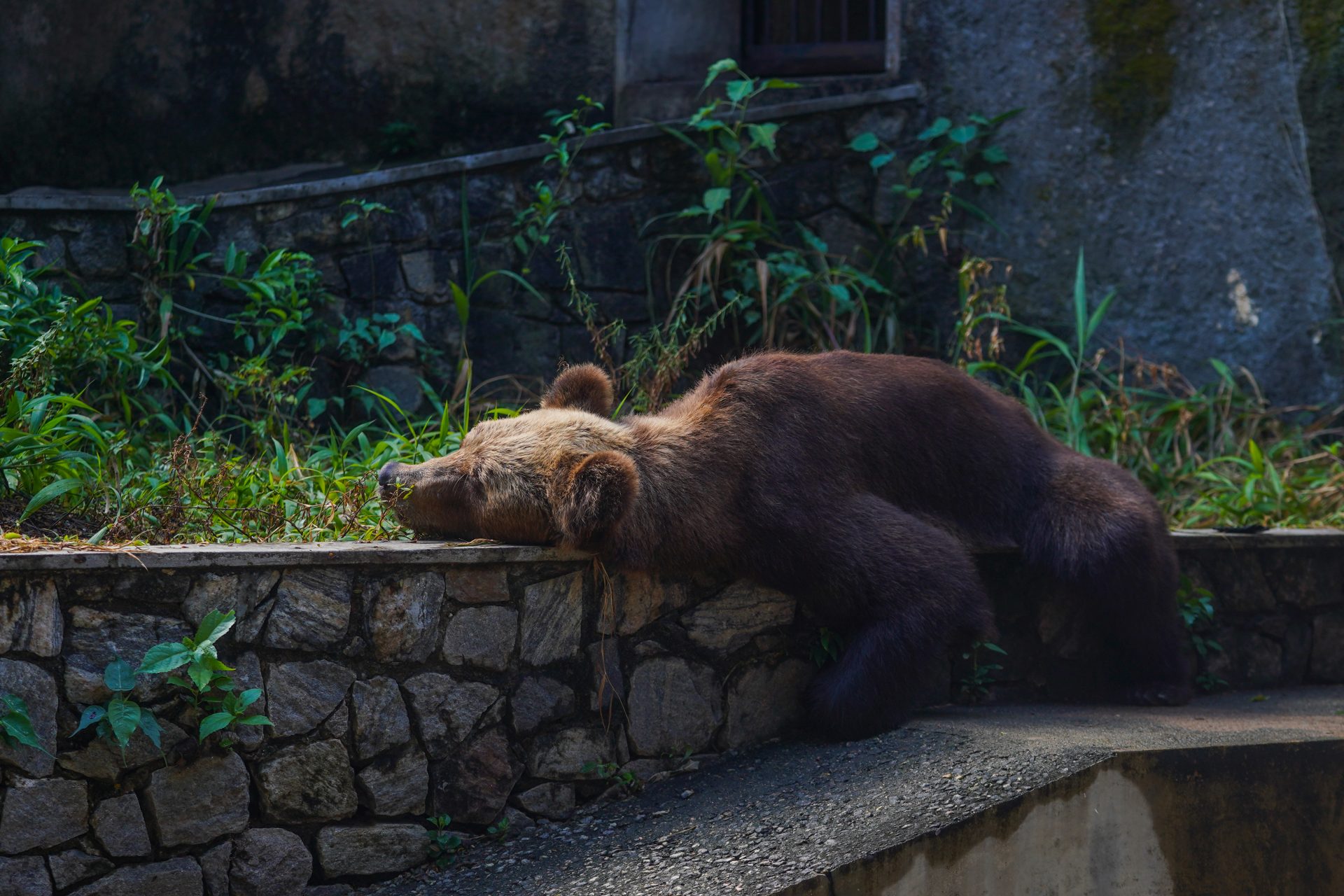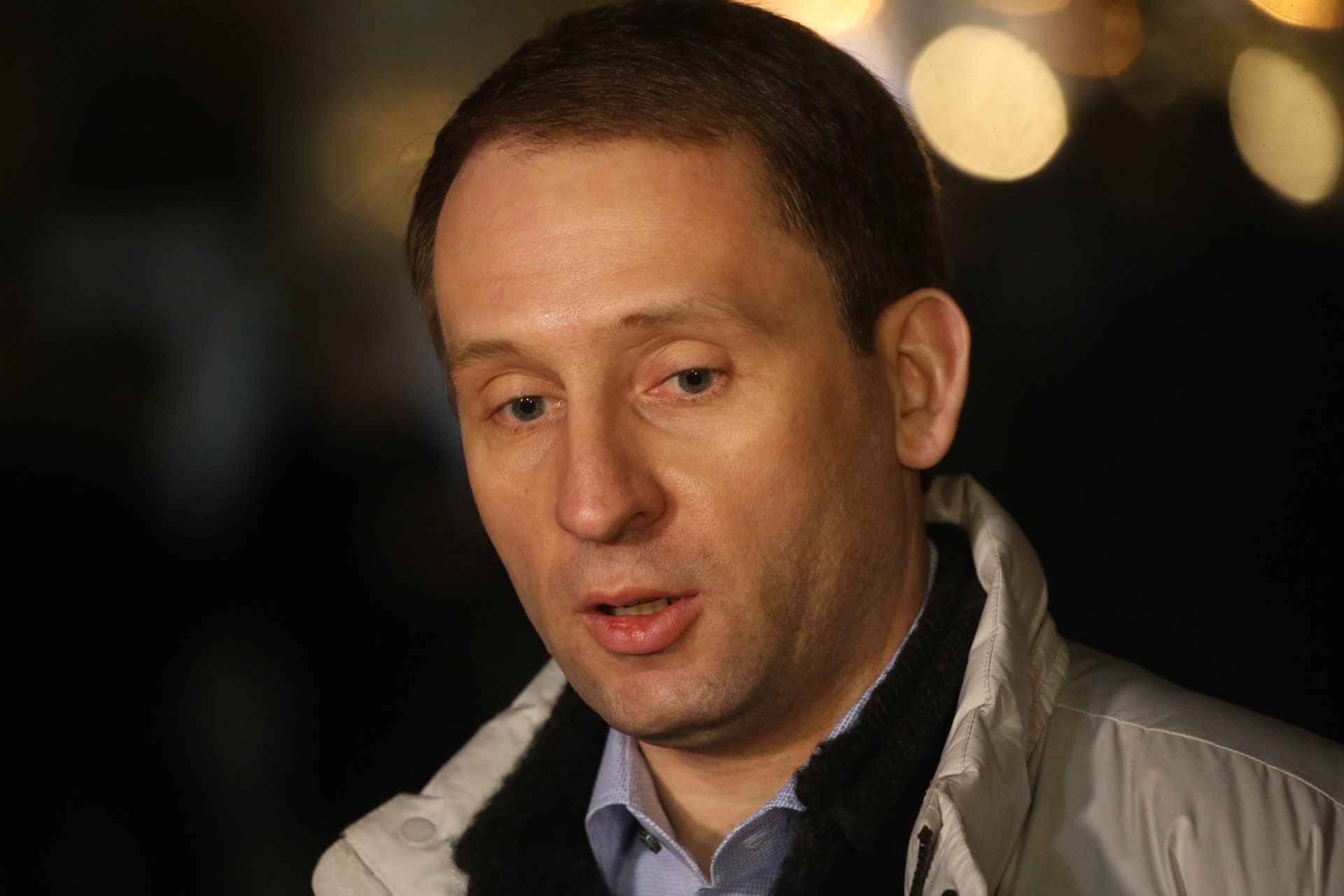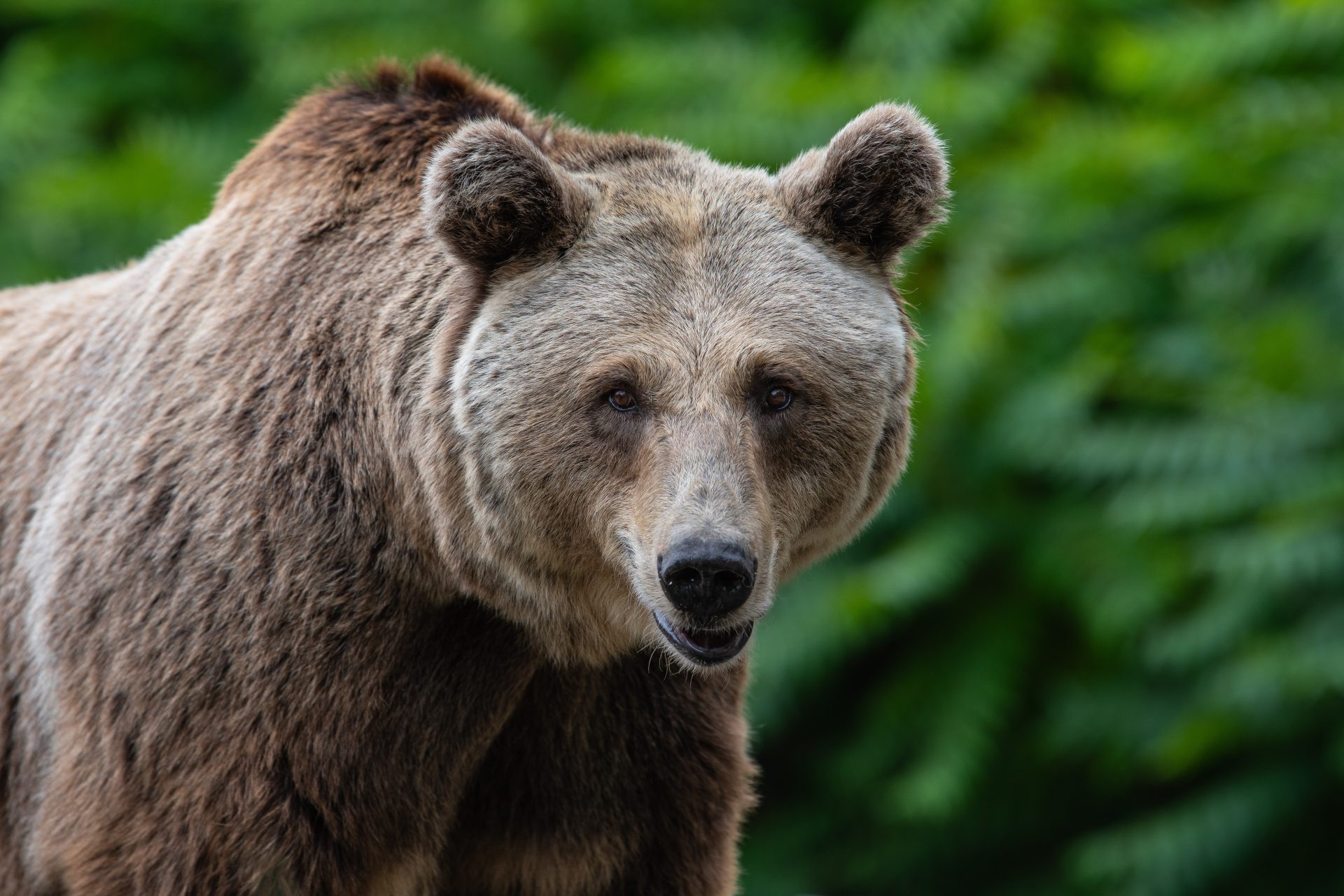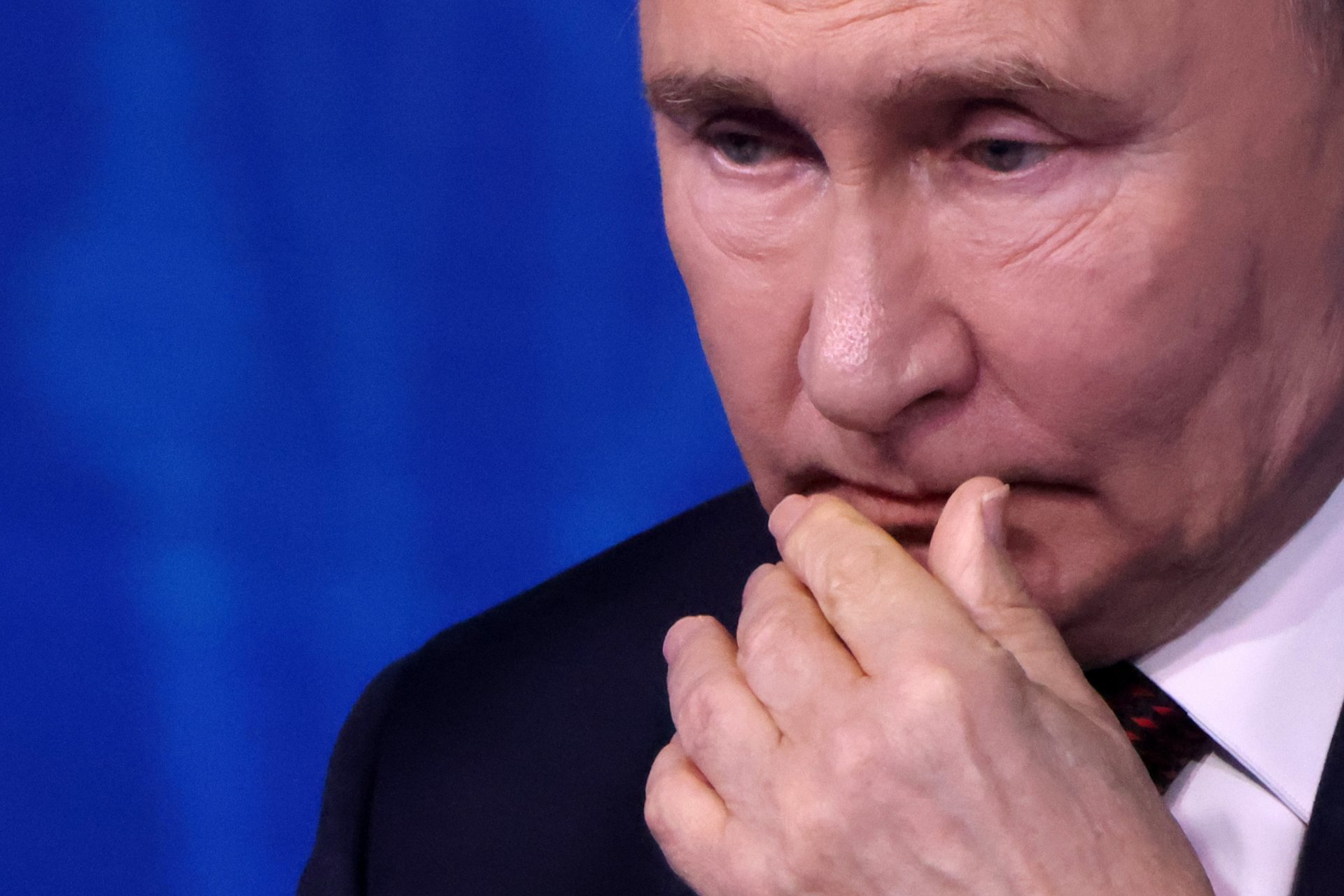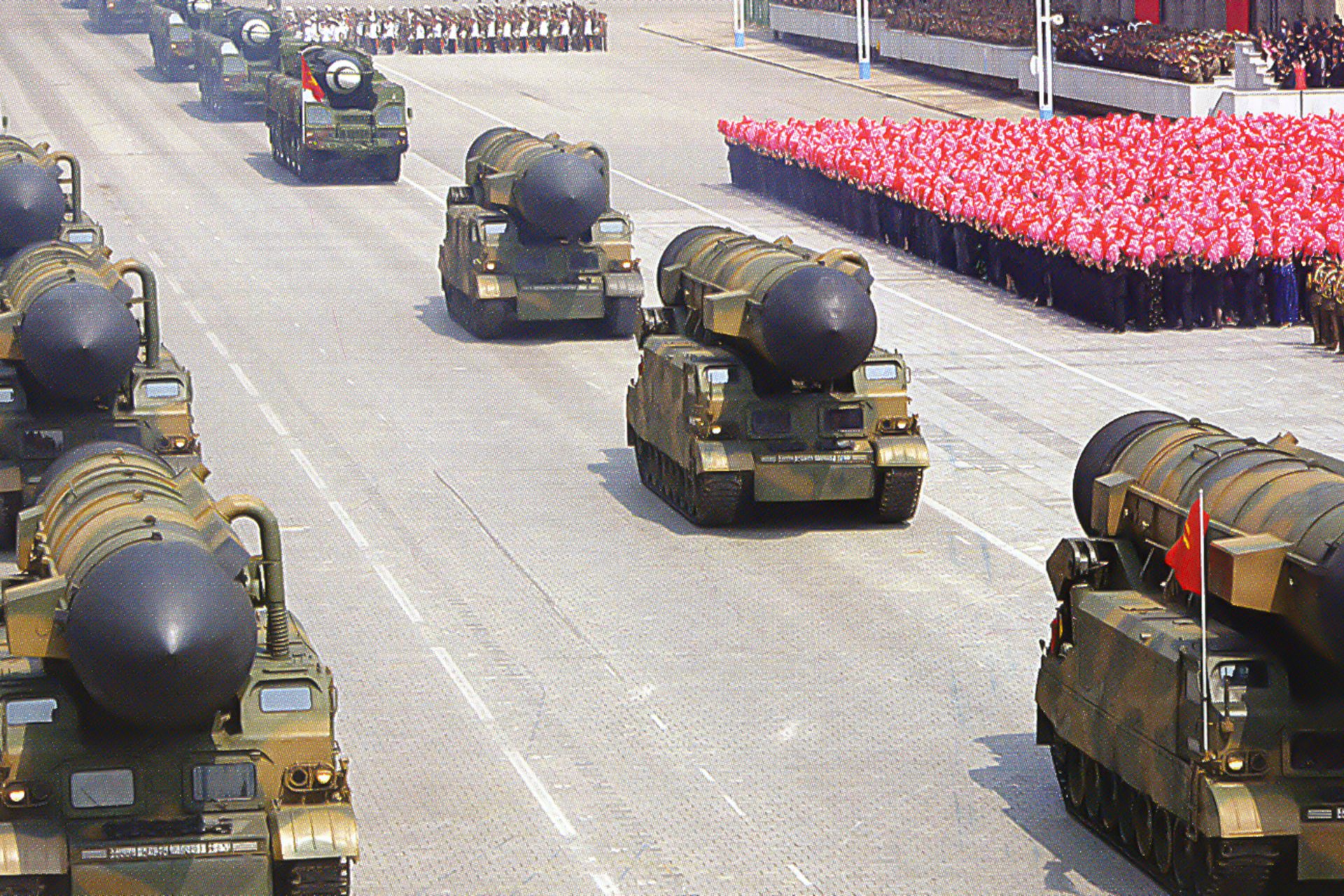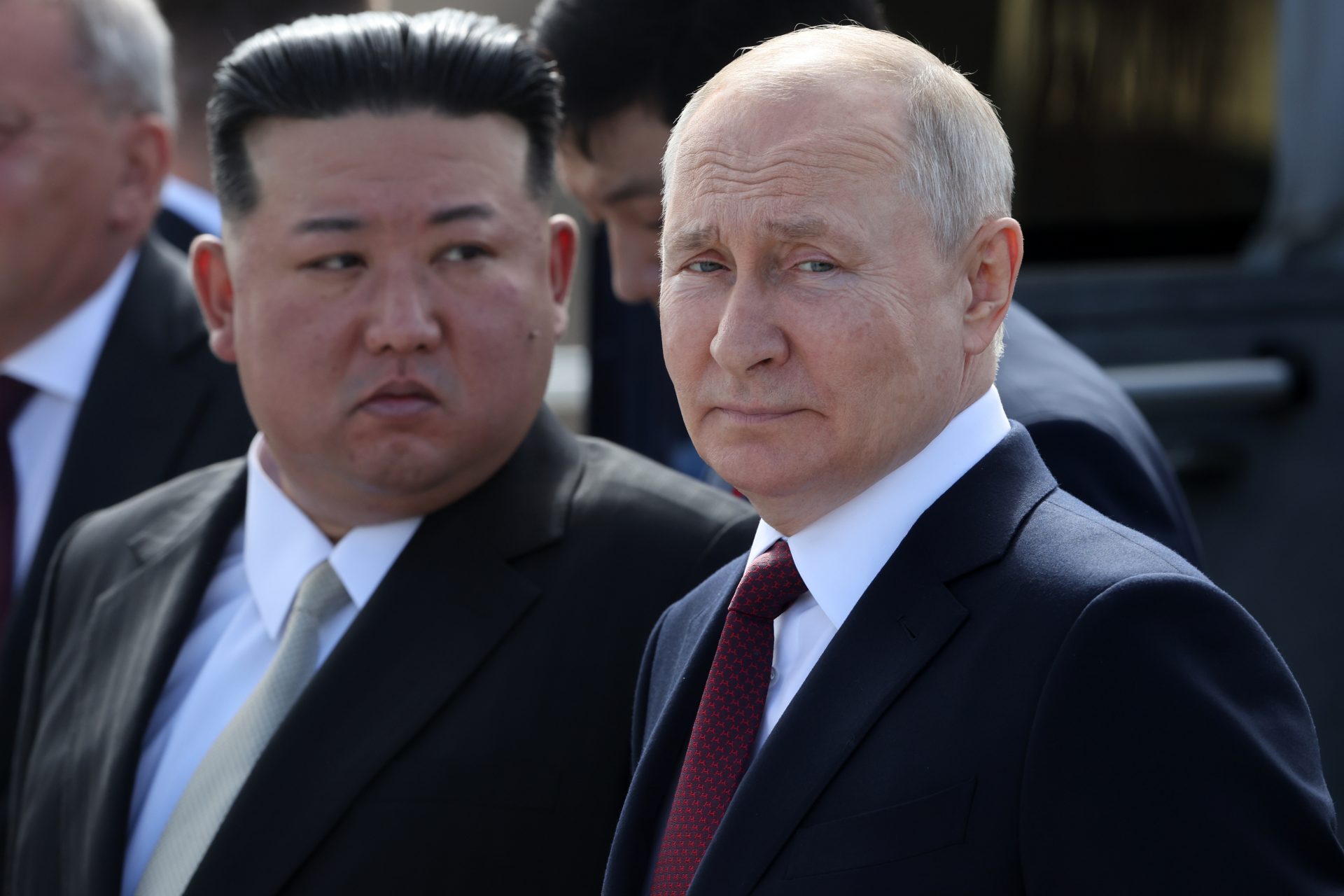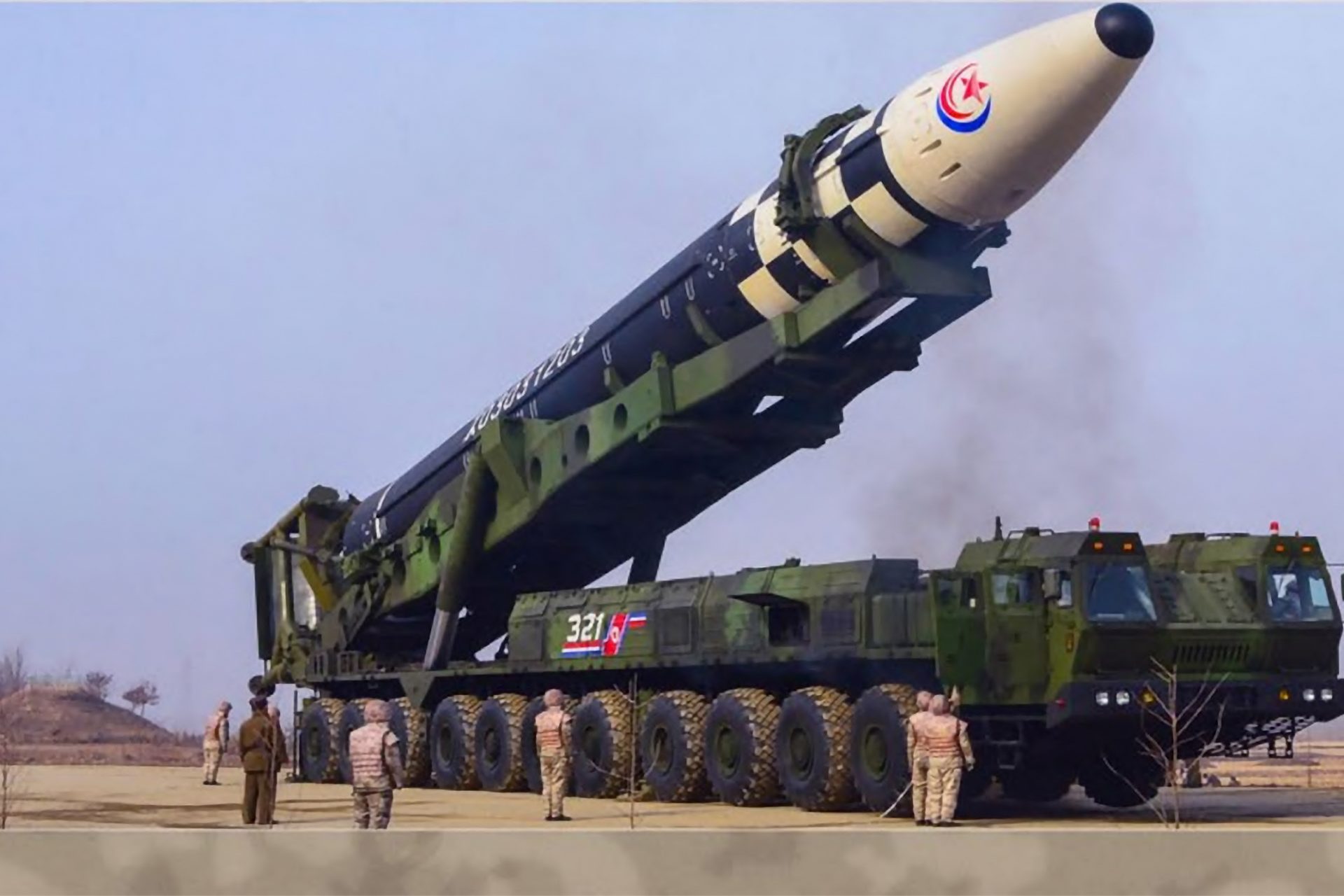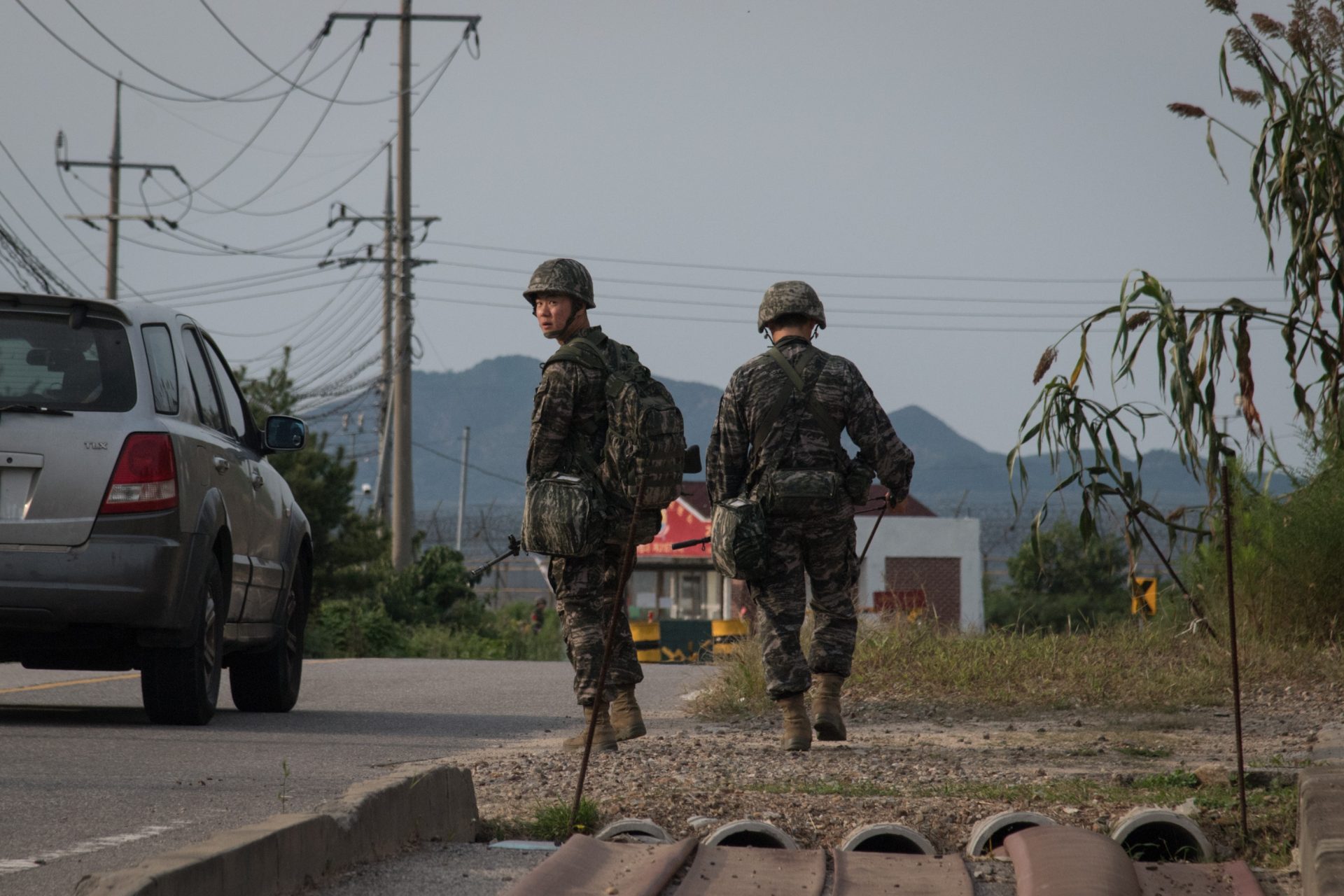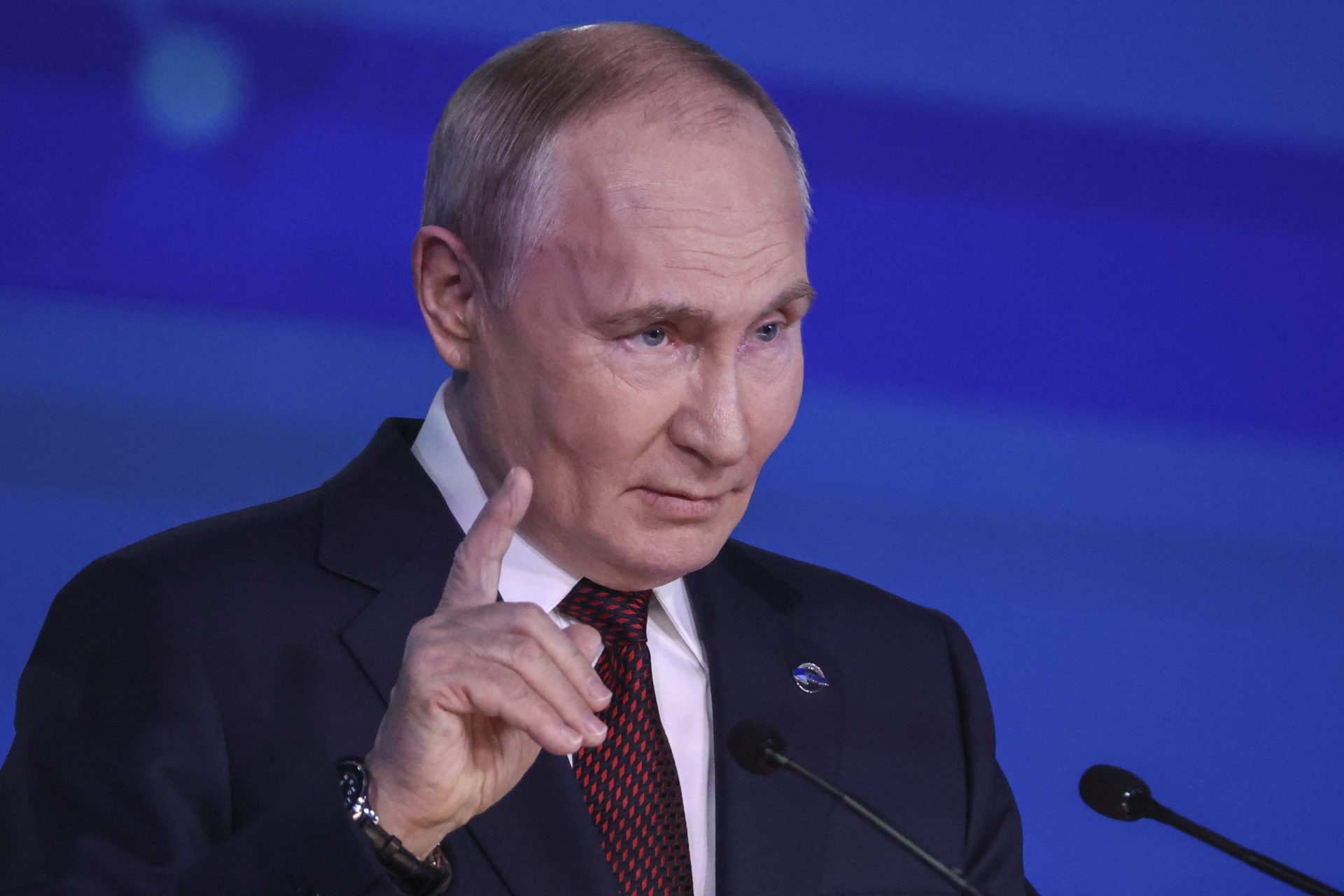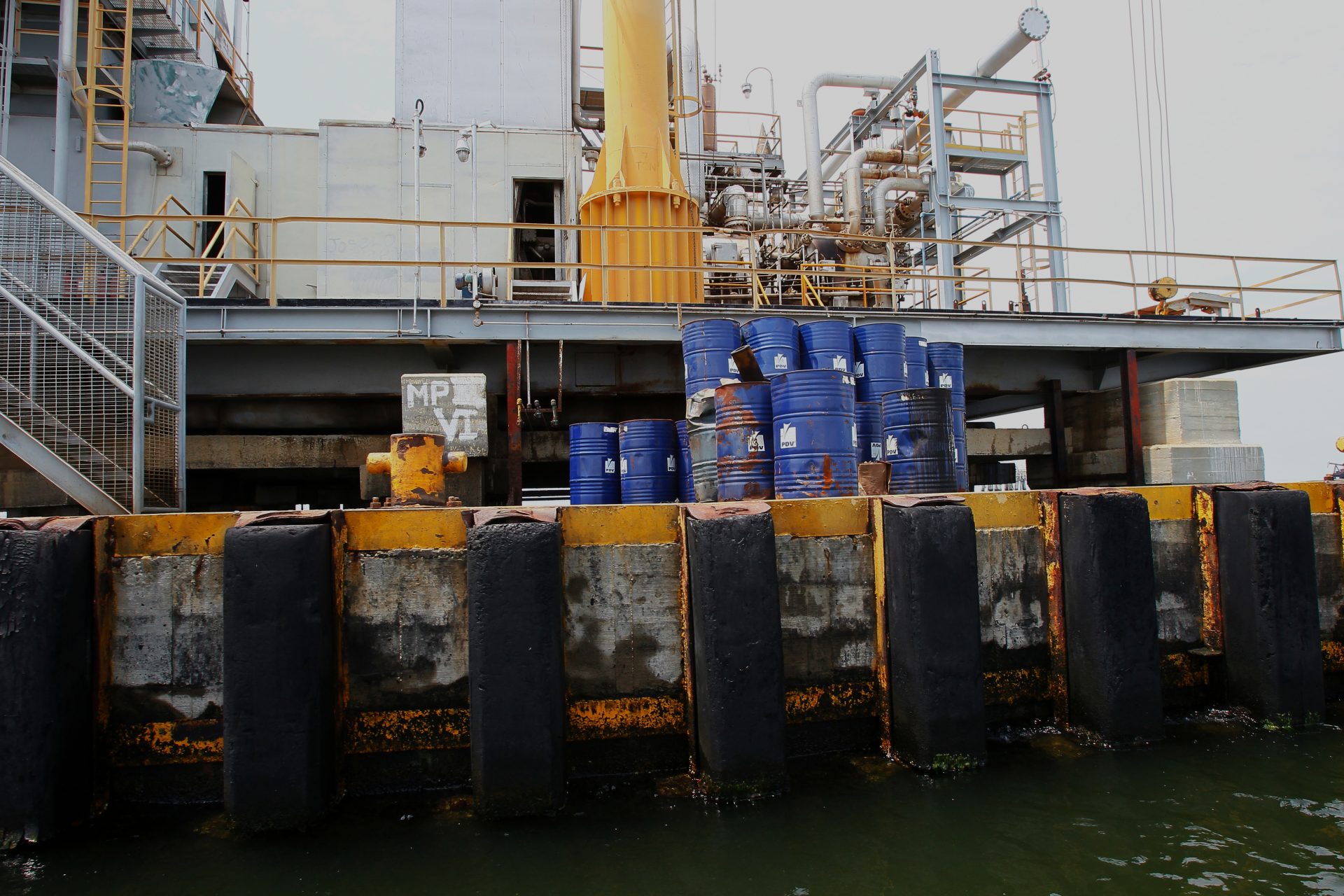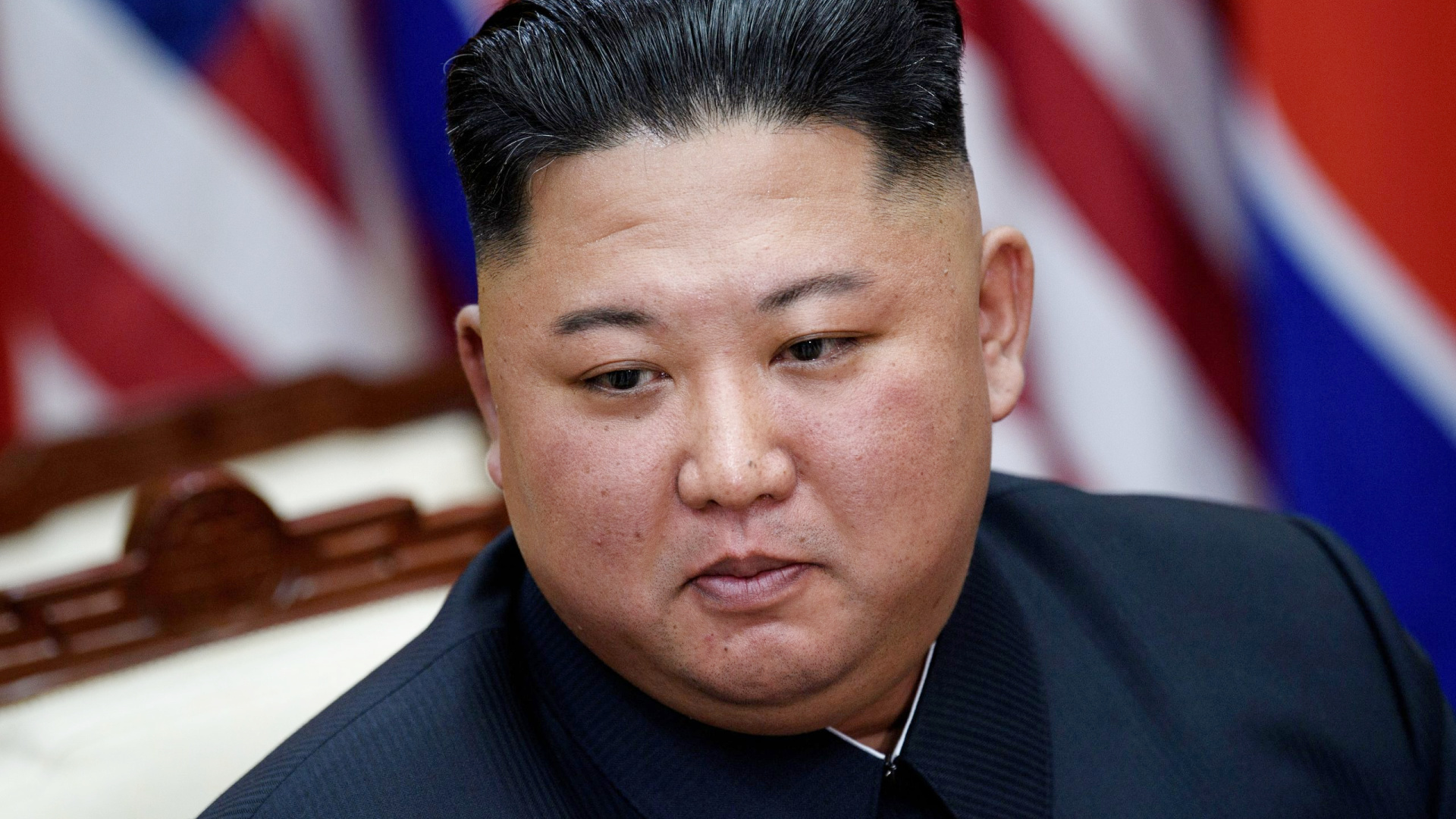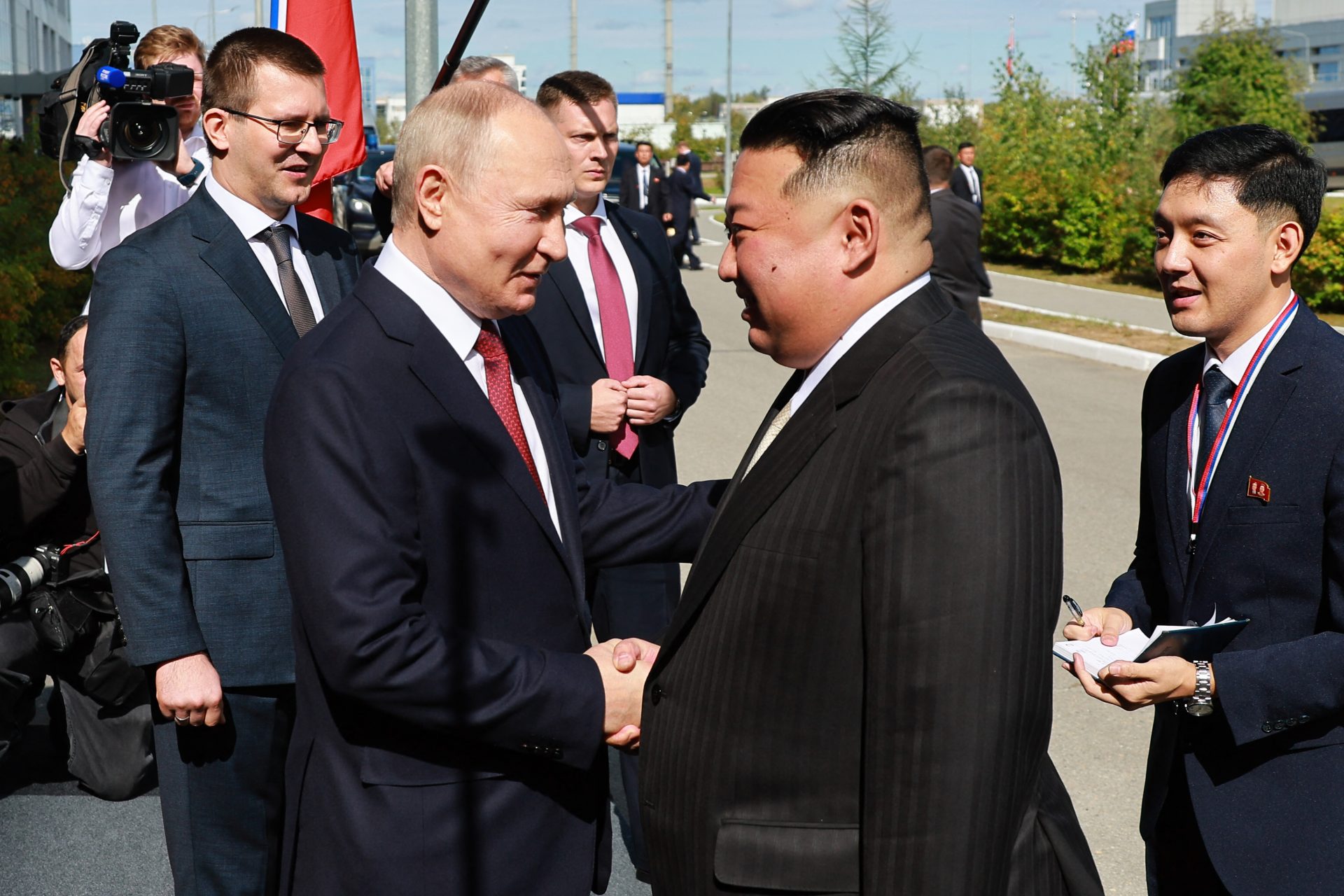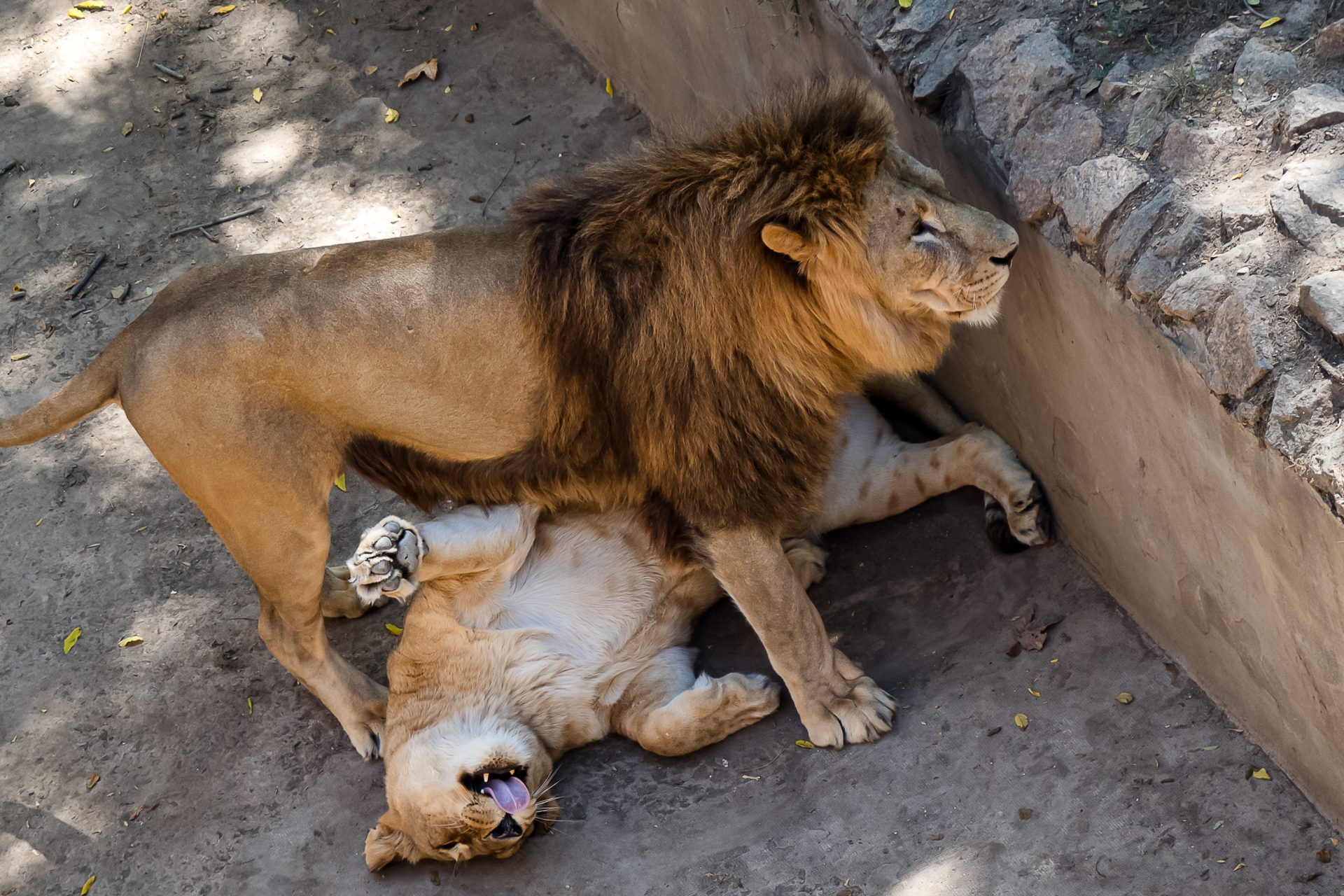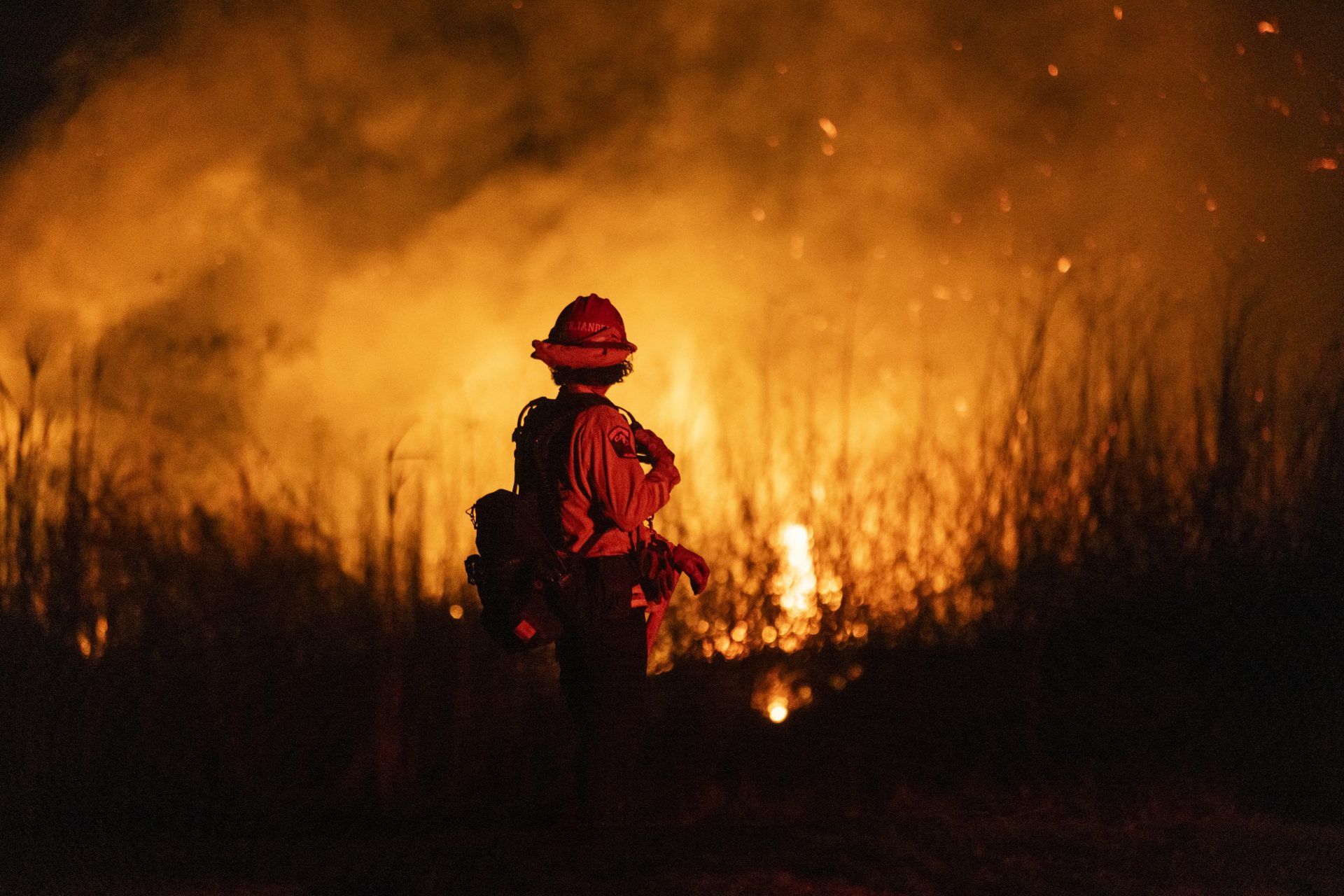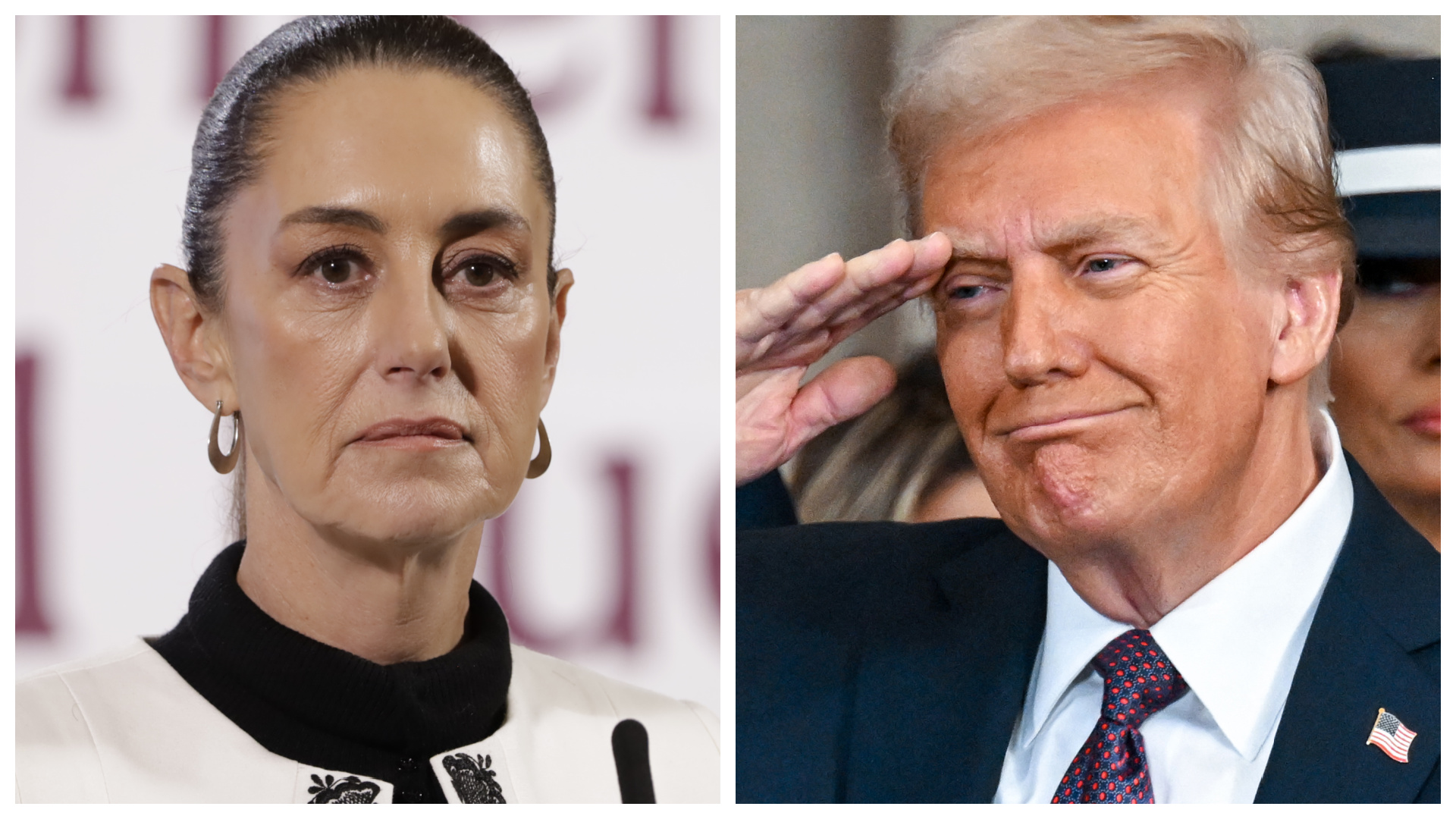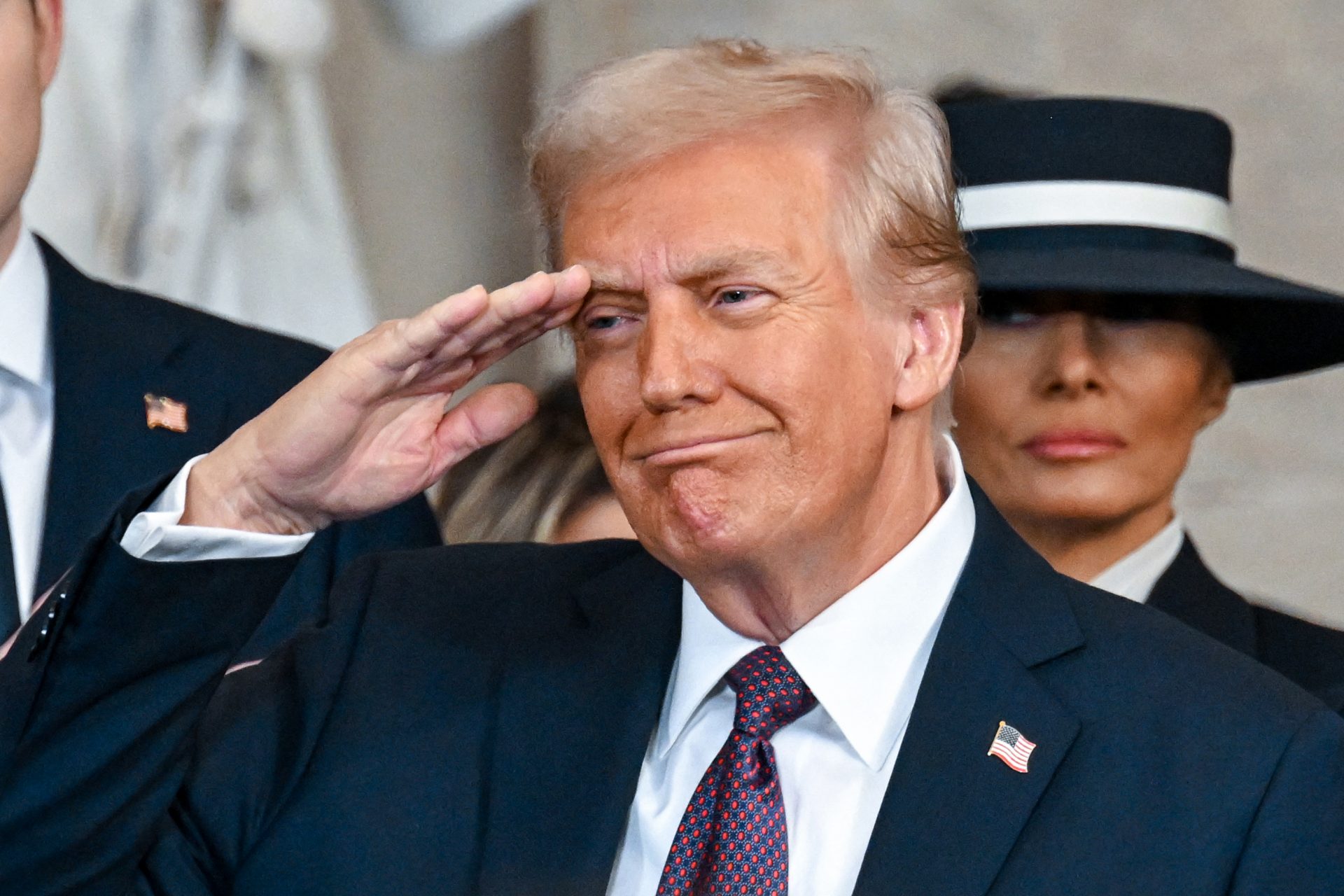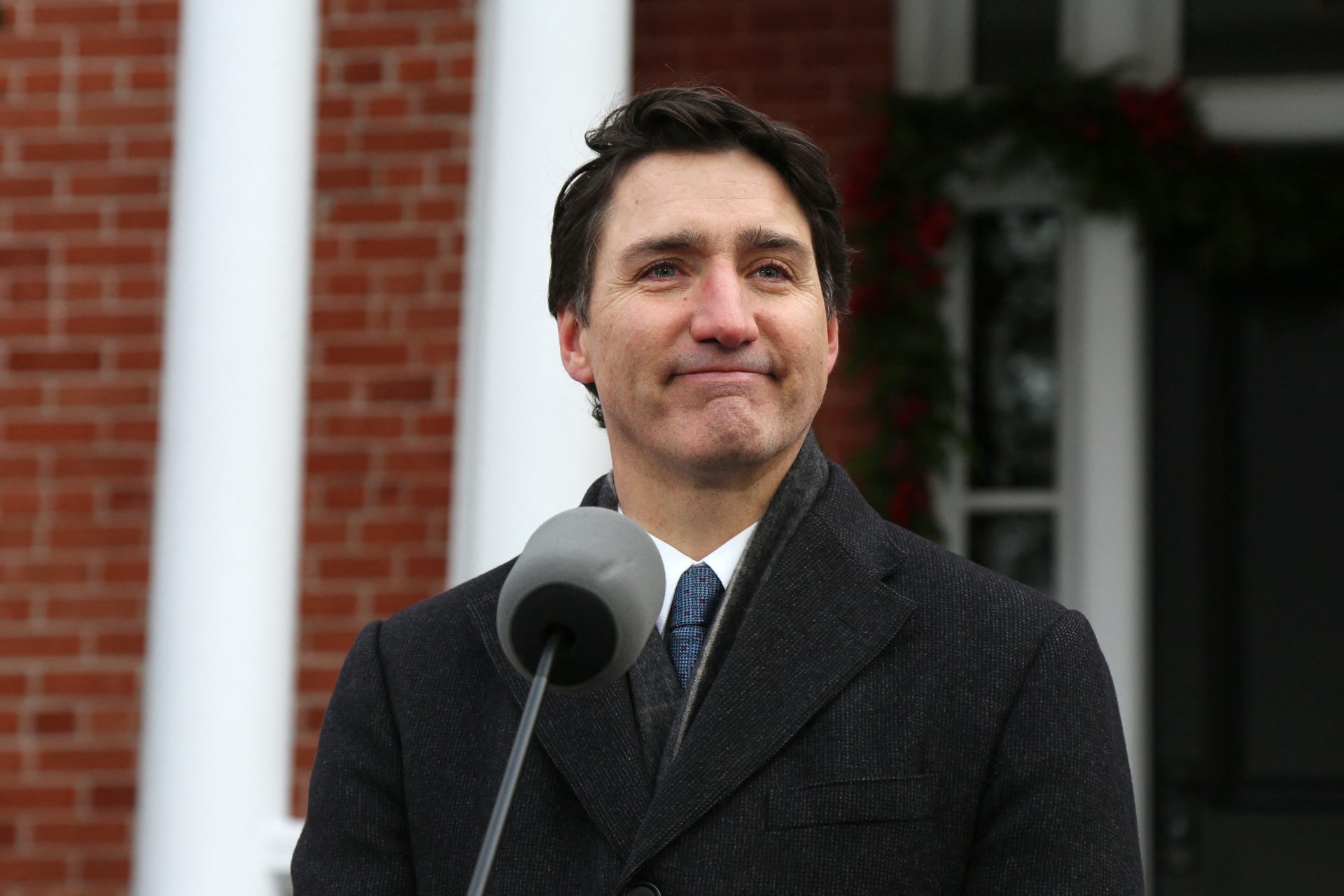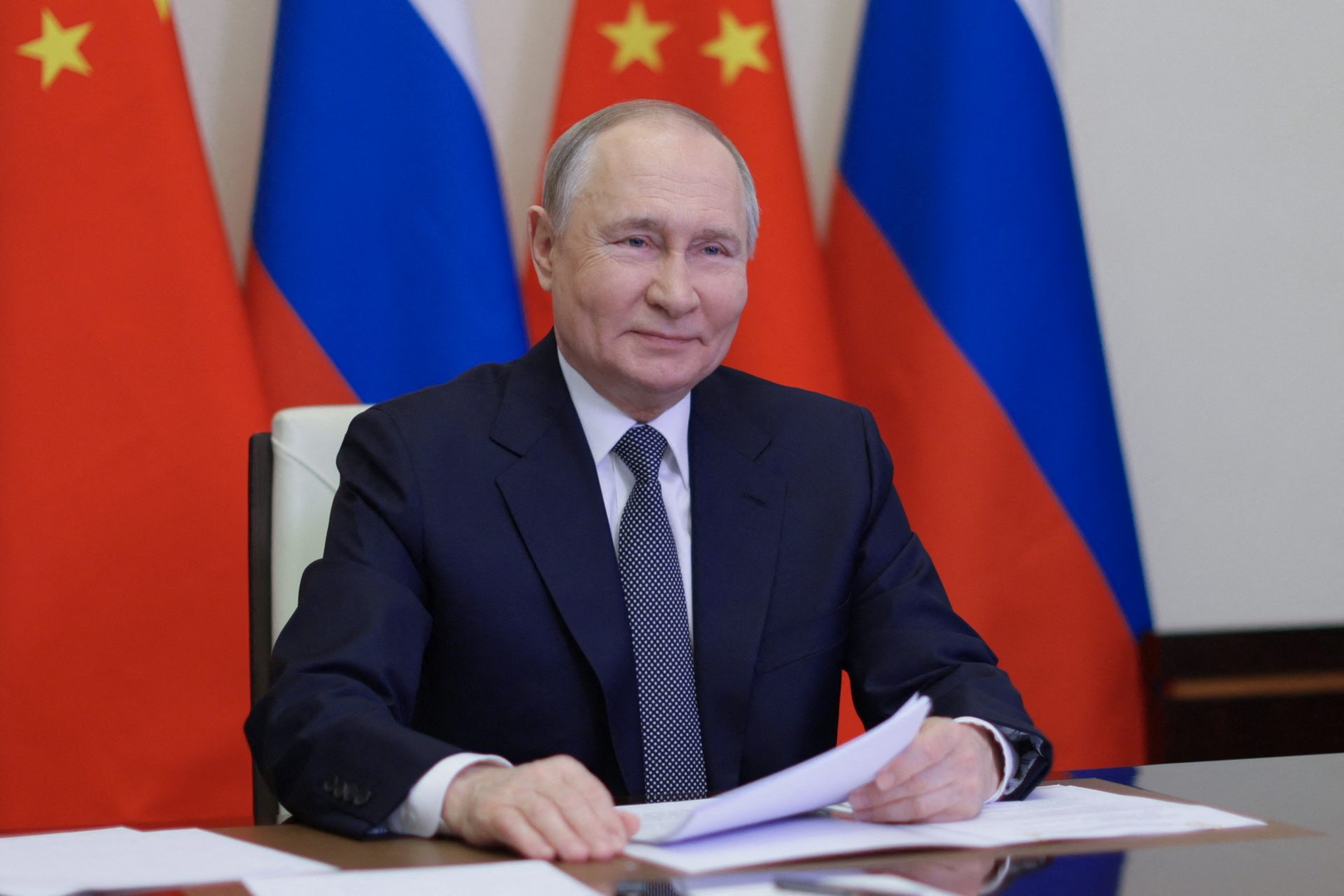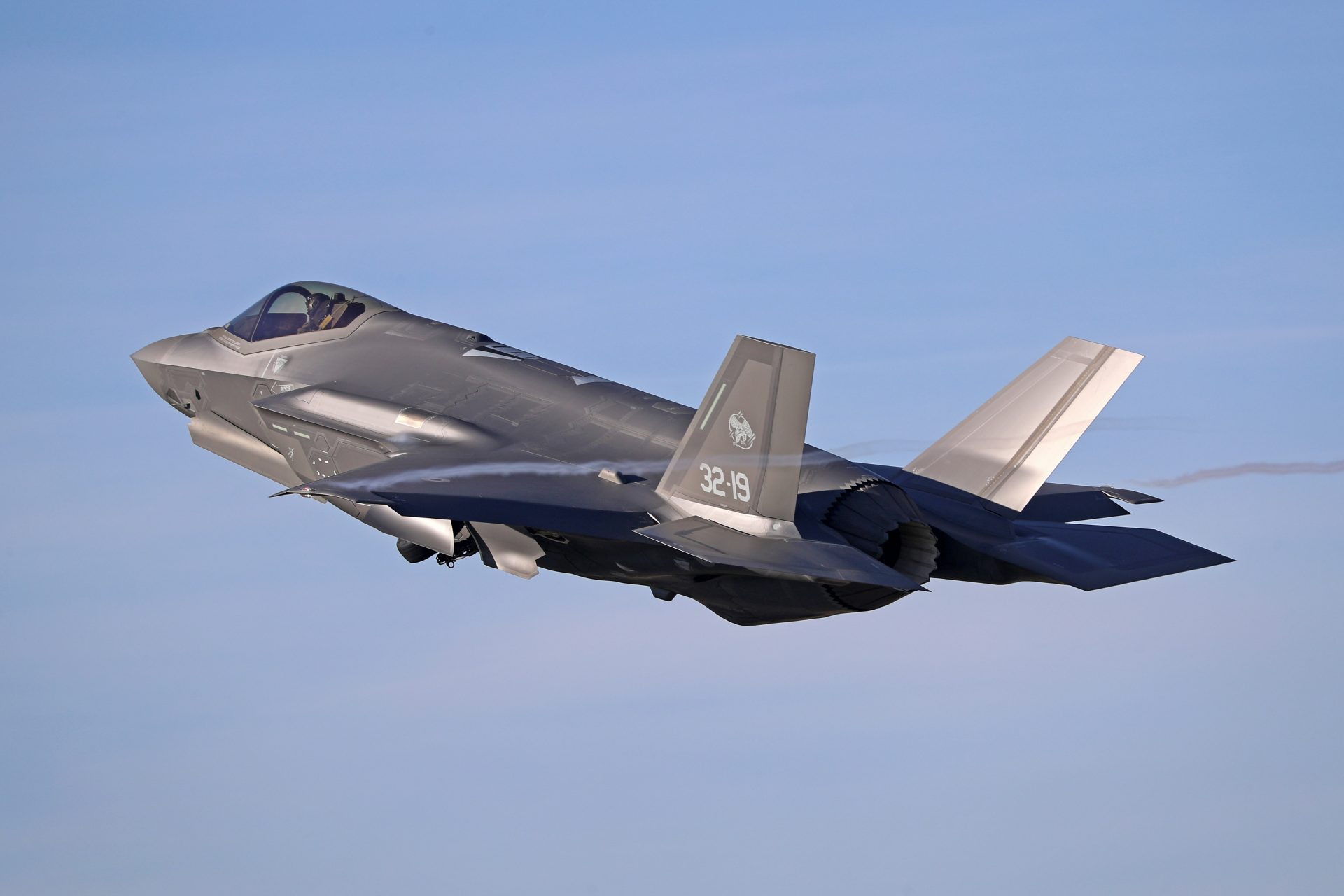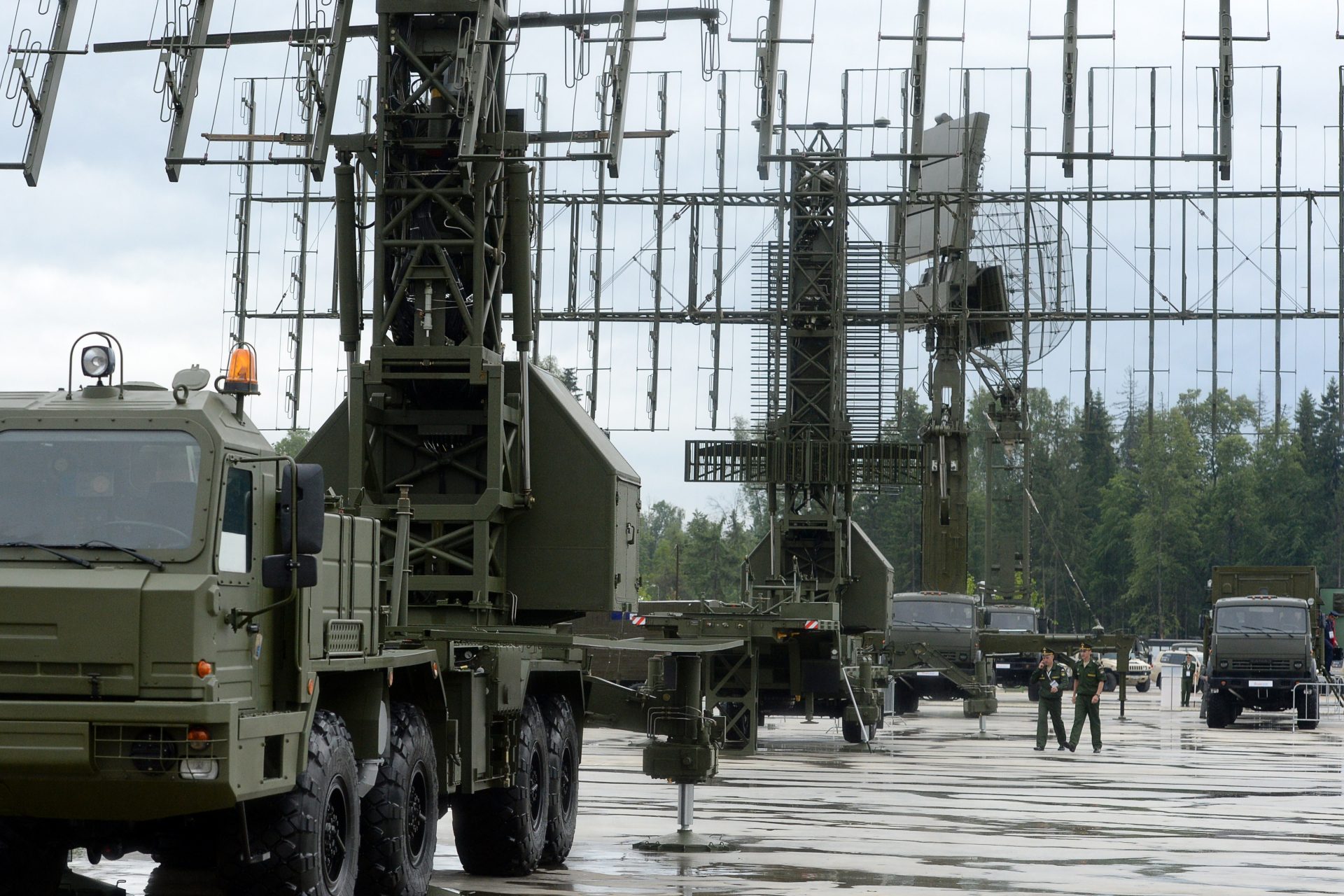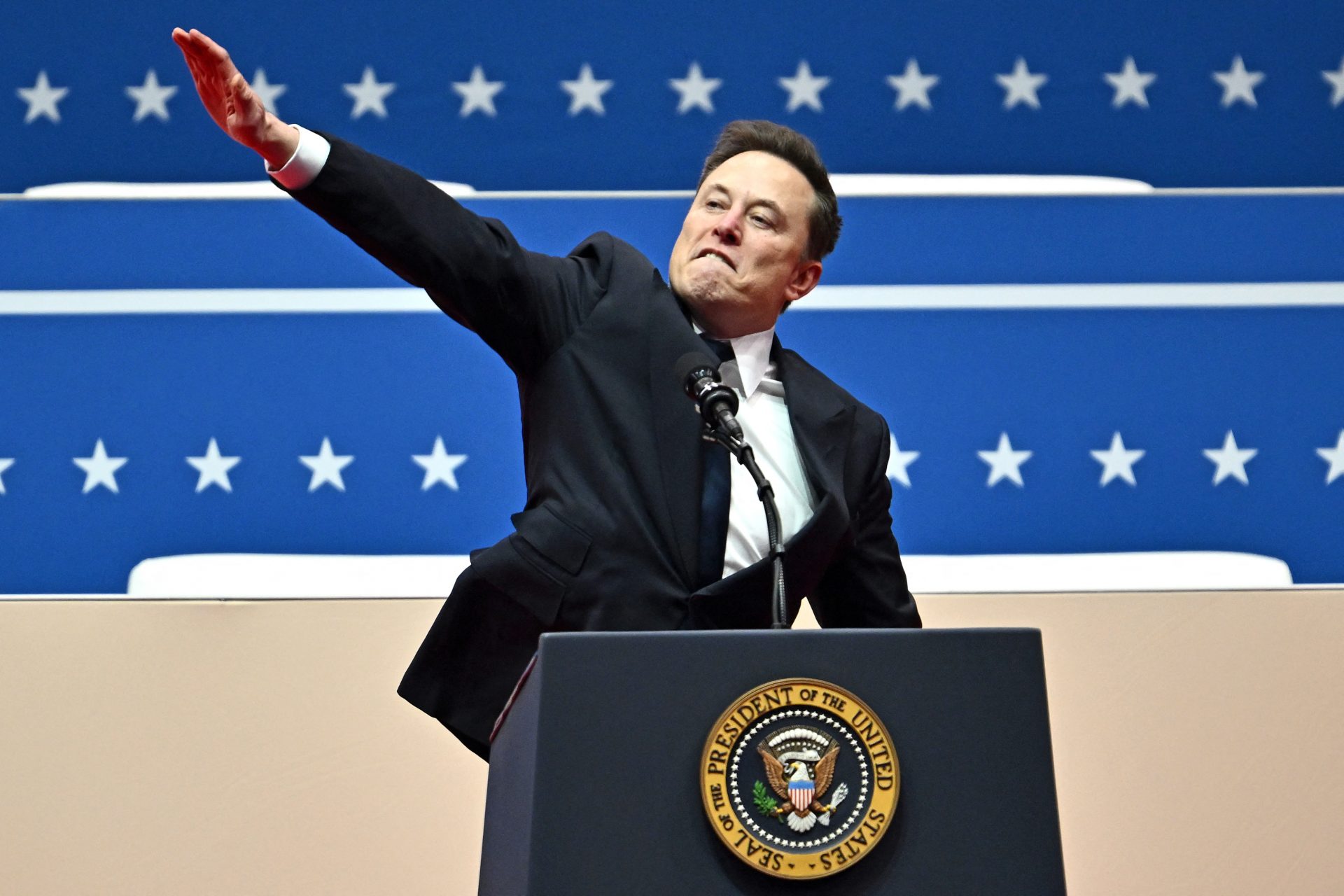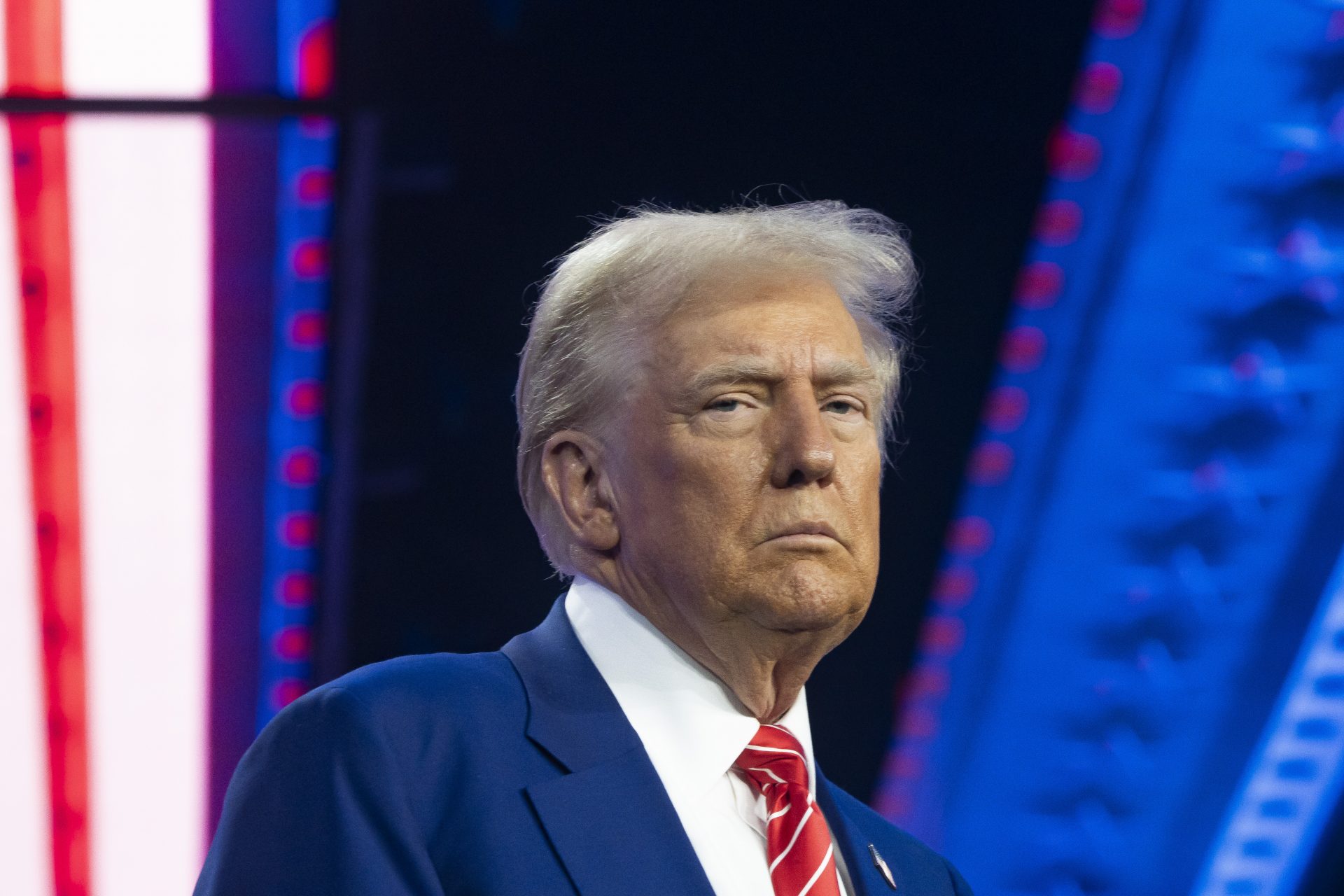Russia sends zoo animals to North Korea to seal their special relationship
The alliance between Russia and North Korea is growing more robust by the day, both militarily and energy-wise – a relationship rubber stamped by the exchange of animals.
While North Korean leader Kim Jong-un gave the Russian President a pair of Pungsan dogs back in June, Putin has sent 70 animals to North Korea's Central Zoo in Pyongyang.
Among the animals were an African lion, two brown bears, five white cockatoos and 45 pheasants, bearing the seal of Alexander Kozlov, the Russian Minister of Natural Resources. But why animals?
Animals have been a traditional symbol of support and care between the two countries and now, at a critical moment for Russia due to the war against Ukraine, this symbolism takes on even greater relevance.
“Historically, animals always have played a special role in relations between states. They have been given as a sign of support, kindness and care,” Voslov said in The Guardian.
In fact, this exchange of animals only reinforces the mutual defense pact established between North Korea and Russia, which obliges one country to defend the other if attacked, and vice versa.
The animals did not go to North Korea unconditionally, however. According to Nikkei Asia, the day after the animals arrived in Pyongyang, Russia received a shipment of top-quality artillery to Moscow.
The shipment included 170mm Koksan self-propelled howitzers with 240mm multiple launch rocket systems, the most powerful weapon in North Korea's arsenal, AP News reported.
According to Business Insider, these Koksan missiles have a range of 60 km and a high firing capacity, which makes them a perfect weapon for surprise and strategic attacks. The weapons sent by North Korea are also easy to maintain and more modern than Russian artillery.
Follow us and discover content that interests you every day
Added to this are the thousands of soldiers that North Korea has reportedly deployed on the Russian front. In other words, the collaboration between Moscow and Pyongyang is absolute amidst global tension.
If the animal for weapons equation doesn't seem to add up, that's because Putin is also sending shipments of oil to North Korea to balance things out.
After consulting satellite images and an analysis by the Open Source Centre, the BBC that revealed that Russia has sent more than one million barrels to North Korea since the beginning of 2024.
This shipment would have broken the sanctions imposed by the UN on North Korea, limiting the amount of oil it could receive to 500,000 barrels per year. According to the BBC, the oil was loaded onto North Korean ships in the Russian port of Vostochny, where they would have made more than 40 trips, without activating the ships' trackers.
There is a degree of self-interest too in Putin's oil shipment as it allows North Korea to have sufficient energy stability to keep its military machinery active, from manufacturing ammunition to transporting missiles. In other words, this movement allows both nations to consolidate their military capacity.
So, what began with the journey of an African lion from Moscow to Pyongyang has ended with Russia and North Korea prepared for a possible global war. A curious turn of events.
More for you
Top Stories



